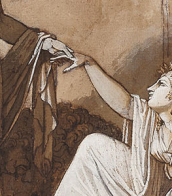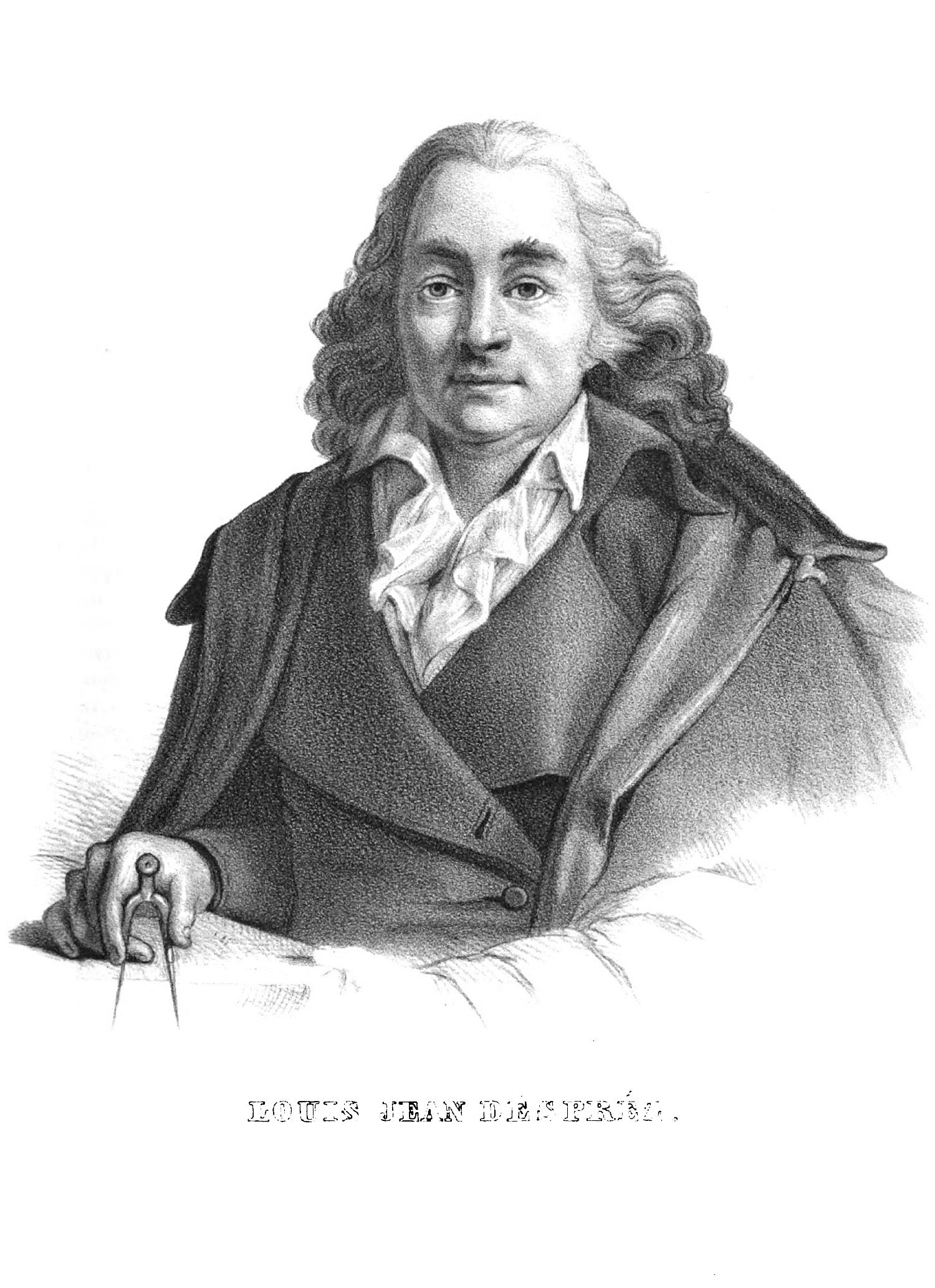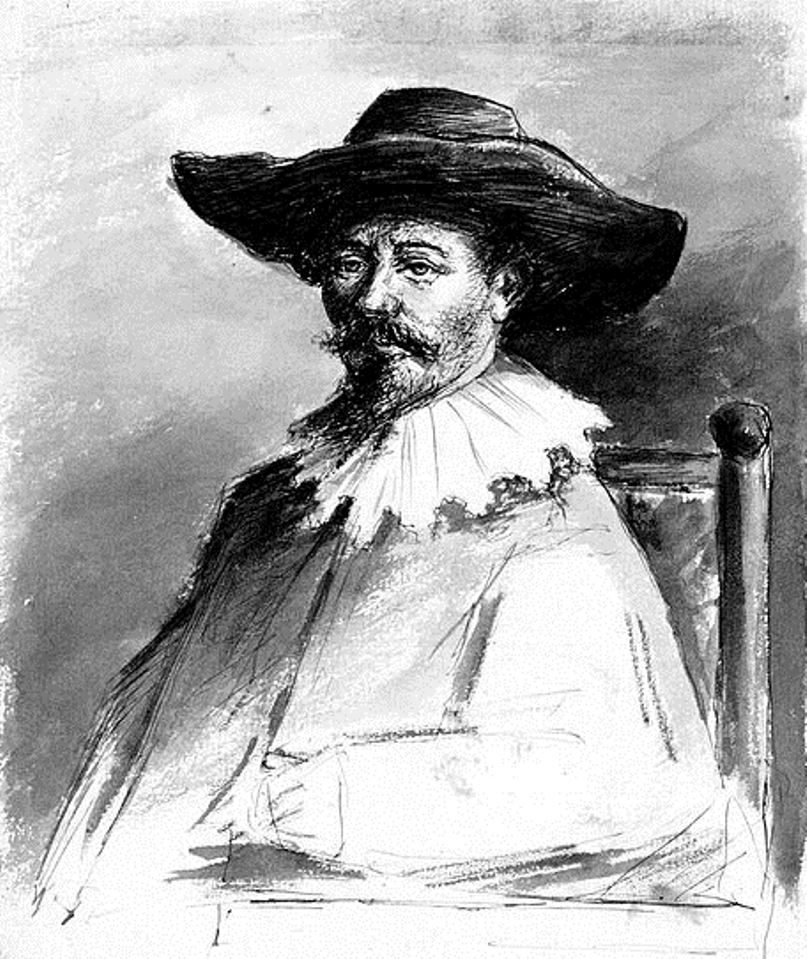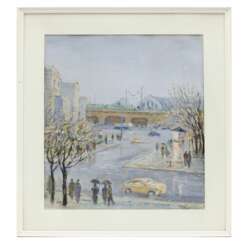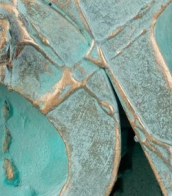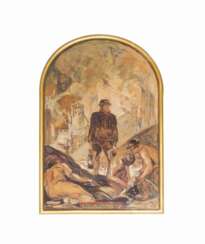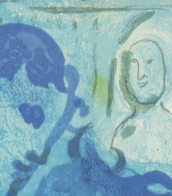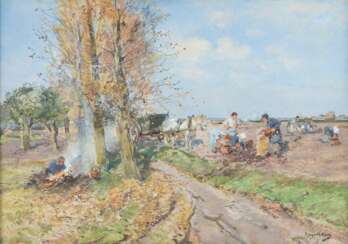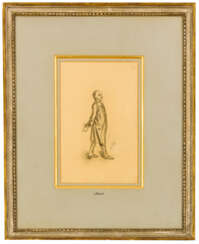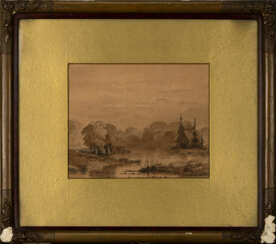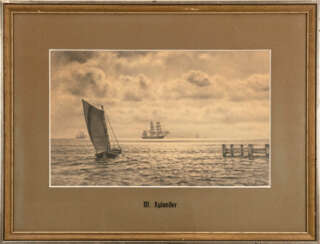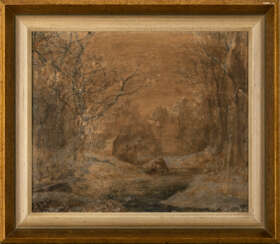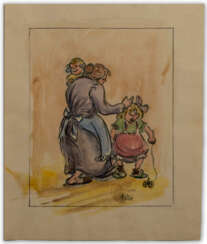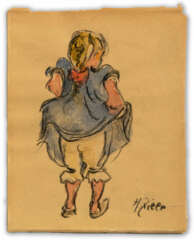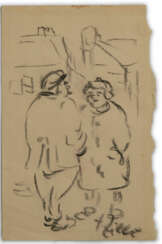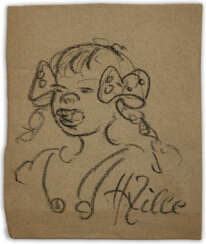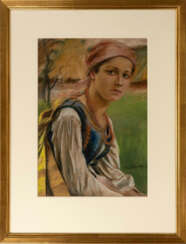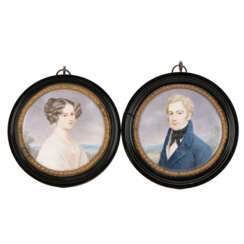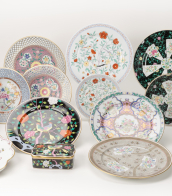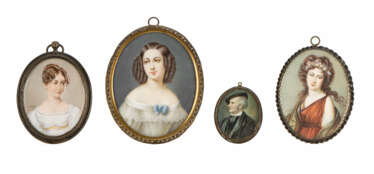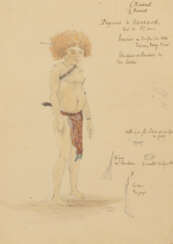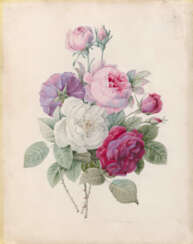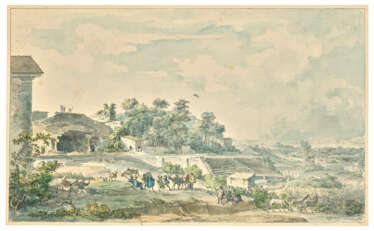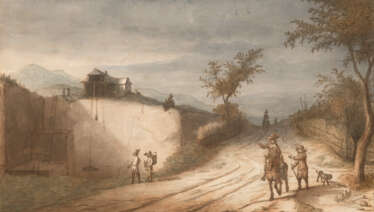старые акварели и рисунки
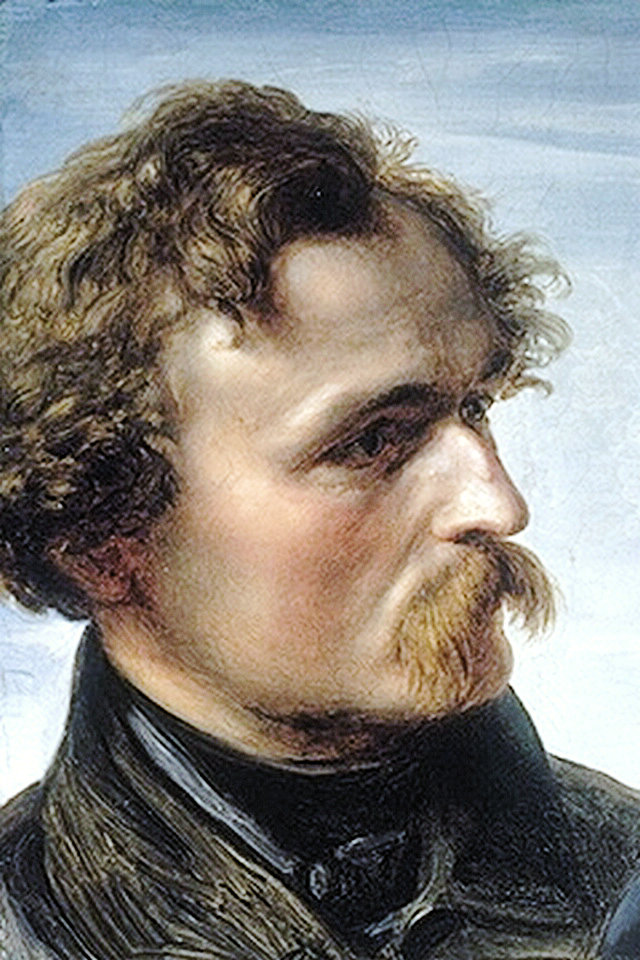
Karl Friedrich Lessing was a German painter of the mid-nineteenth century. He is known as a Romantic painter, a representative of the Düsseldorf School of painting.
Lessing began his career with melancholic-romantic landscapes and paintings on literary subjects. He later gained popularity as a landscape painter. Reproductions of his works were widely printed in German magazines of the XIX century. Later Lessing switched to historical subjects, creating historical paintings, as well as frescoes.
Lessing was a member of various art societies and academies, both German and foreign.
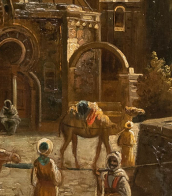
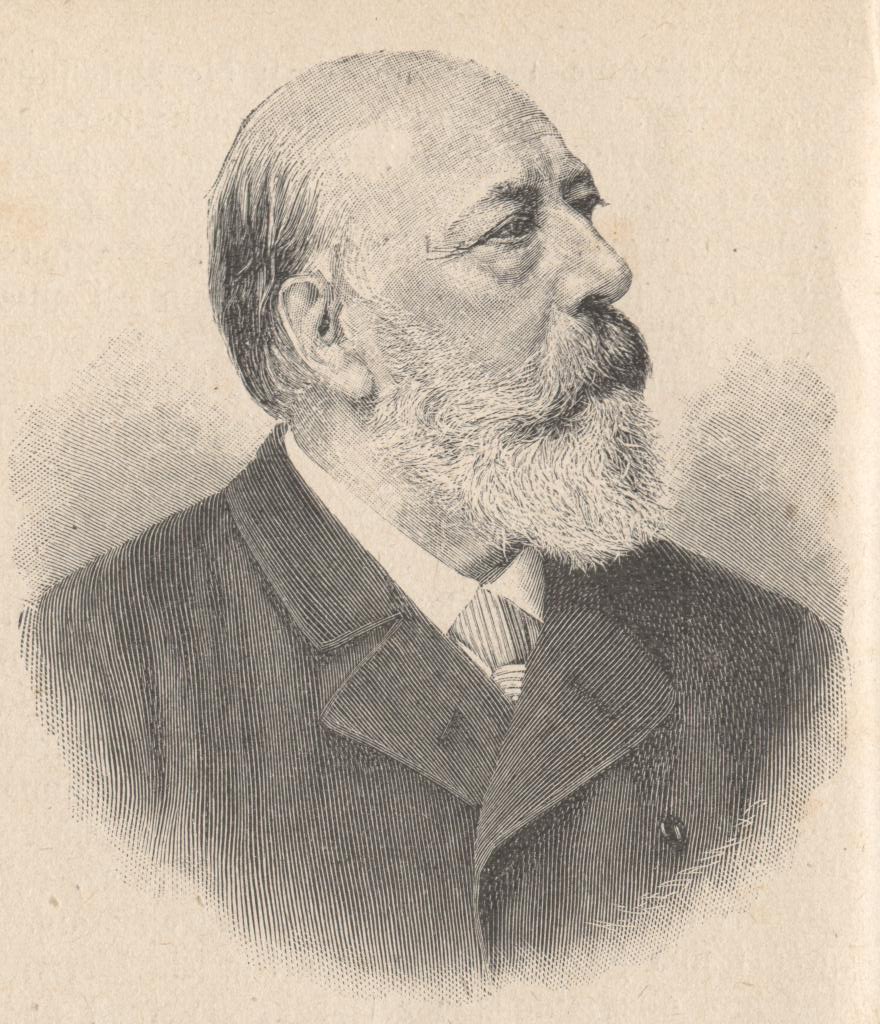
Andreas Achenbach was a German landscape and seascape painter in the Romantic style. He is considered to be one of the founders of the Düsseldorf School.[citation needed] His brother, Oswald, was also a well known landscape painter. Together, based on their initials, they were known as the "Alpha and Omega" of landscape painters.

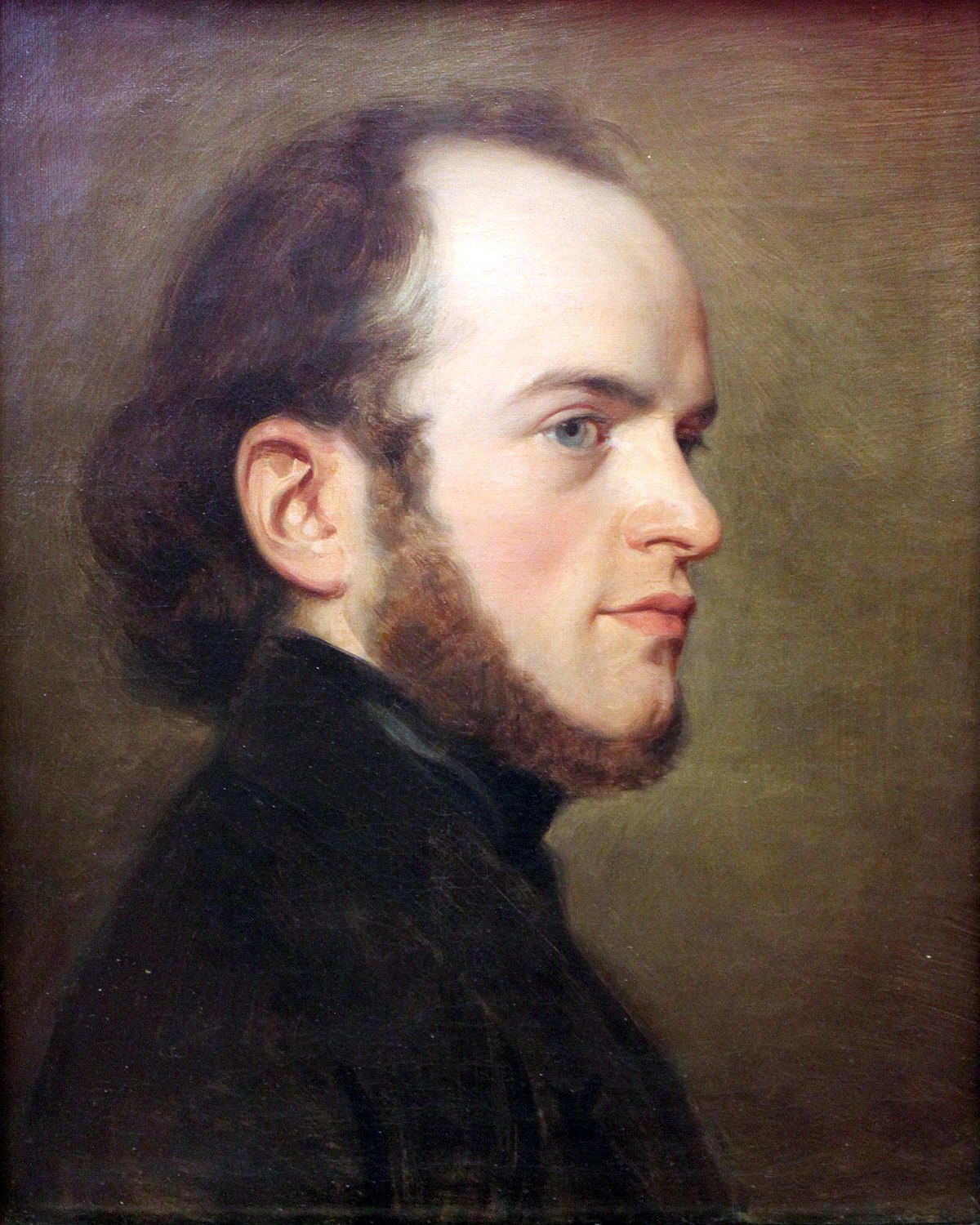
Adolph Friedrich Erdmann von Menzel was a German Realist artist noted for drawings, etchings, and paintings. Along with Caspar David Friedrich, he is considered one of the two most prominent German painters of the 19th century, and was the most successful artist of his era in Germany. First known as Adolph Menzel, he was knighted in 1898 and changed his name to Adolph von Menzel.
His popularity in his native country, owing especially to his history paintings, was such that few of his major paintings left Germany, as many were quickly acquired by museums in Berlin. Menzel's graphic work (and especially his drawings) were more widely disseminated; these, along with informal paintings not initially intended for display, have largely accounted for his posthumous reputation.

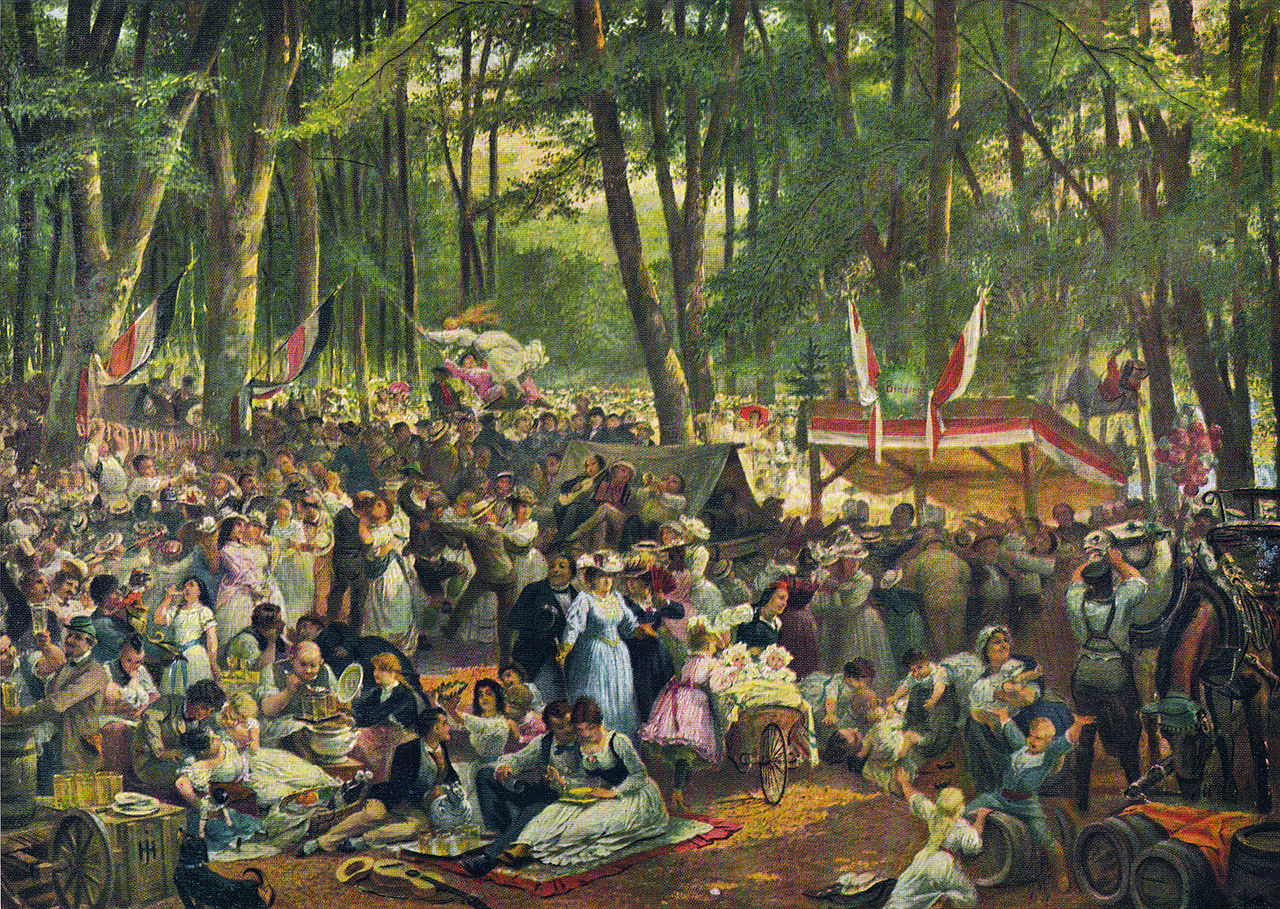
Johann Heinrich Hasselhorst was a German genre painter and drawing teacher.

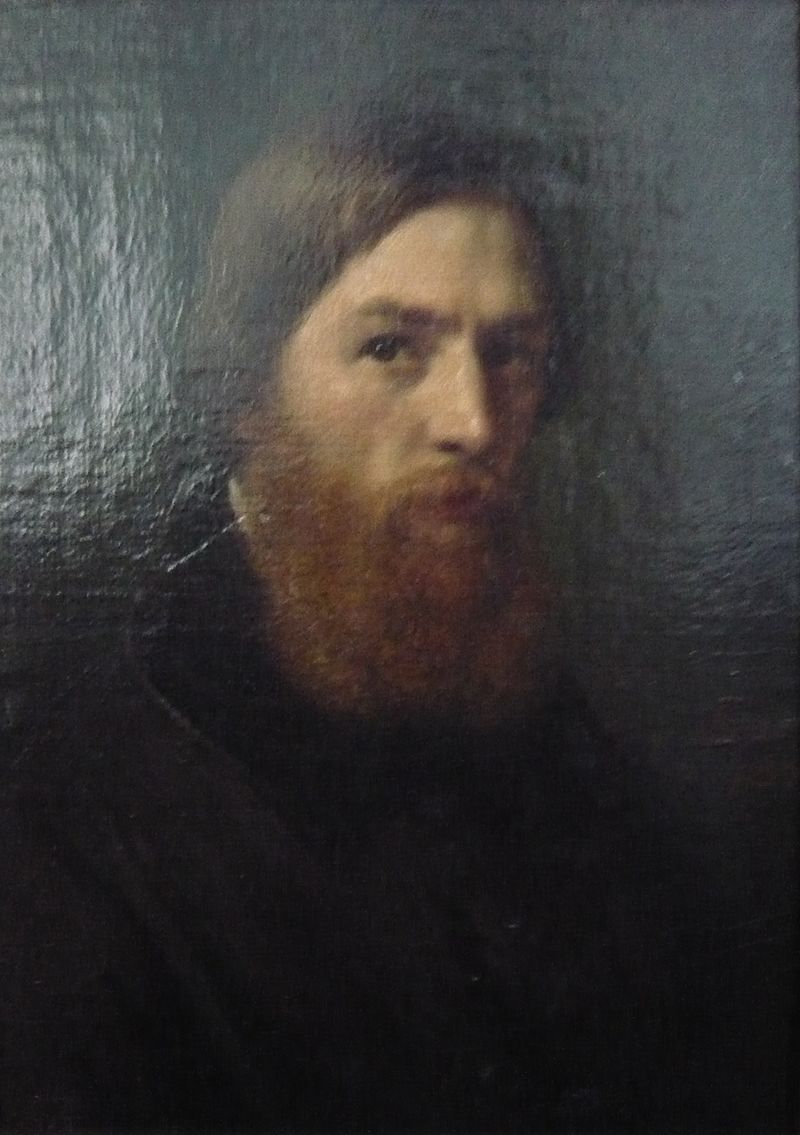
August Weber was a German landscape painter and lithographer of the Düsseldorf school of painting.
In the mid-19th century he became a member of the Malkasten association of progressive artists (Paintbox).
In addition to landscape painting, August Weber also created watercolors and lithographs.

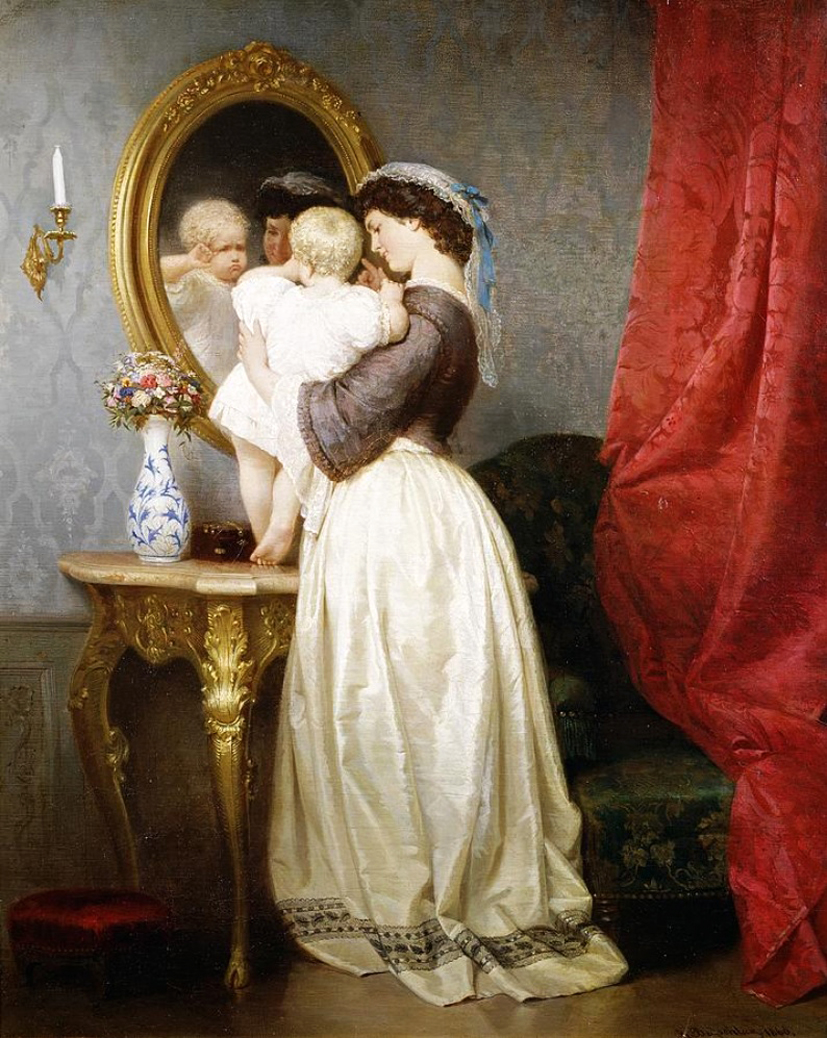
Robert Beyschlag was a German painter of the 19th century. He is known as a painter, famous for his paintings of mythological subjects and portraits of women.
Beyschlag early in his career created genre paintings depicting the medieval era, but later turned his attention to mythology, a prime example of which is the oft-repeated depiction of Psyche in his works. Inspired by Romanticism, the artist also created pastoral subjects with peasant women and shepherdesses. His work was characterized by optimism, theatricalization and idealization of characters, as well as rich colorism. He also created frescoes for the Bavarian National Museum in Munich, depicting scenes from the history of the Crusades.

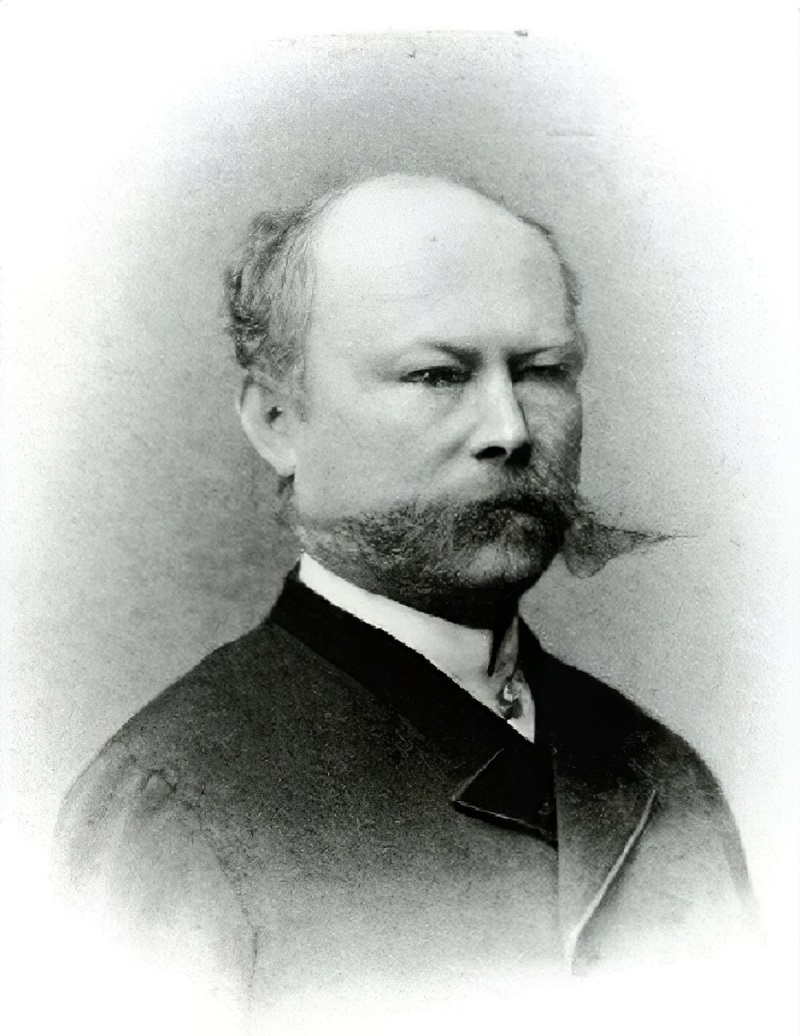
Ludvig Munthe was a Norwegian-born, German landscape painter.
Munthe is associated with the Düsseldorf school of painting. A thoroughly realistic treatment characterizes his paintings, of which autumn and winter scenes in stormy or gloomy weather, forest and coast views form the prevailing subjects.

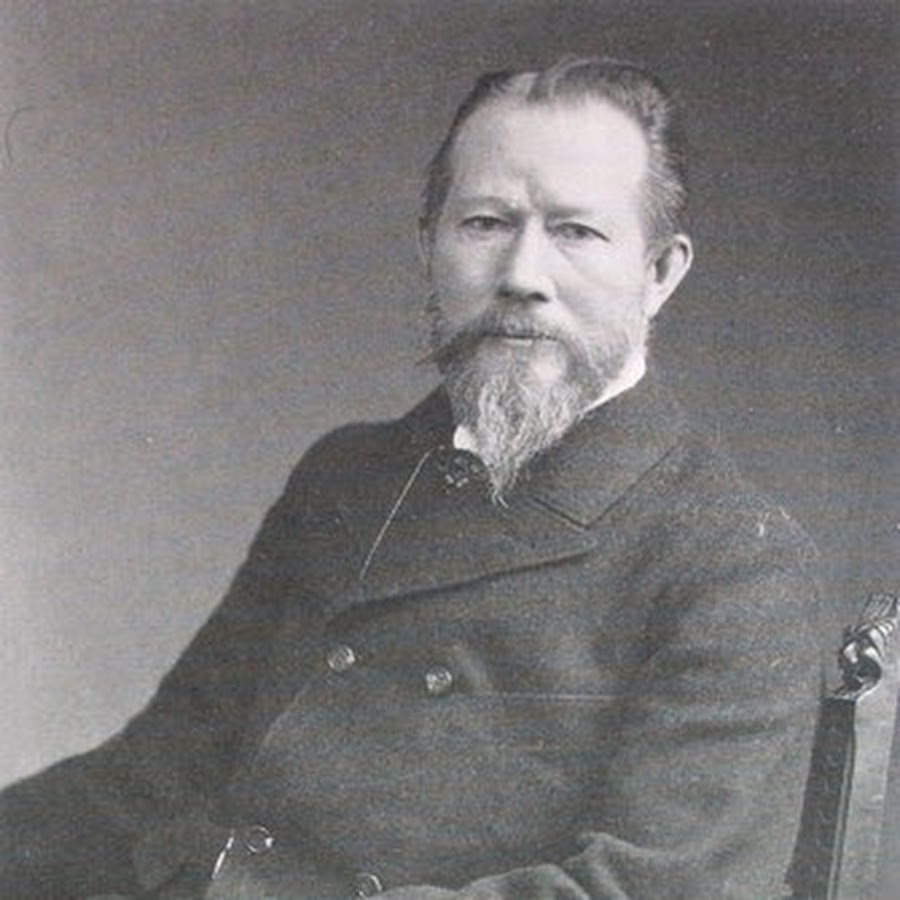
Eilert Adelsteen Normann was a Norwegian painter who worked in Berlin. He was a noted painter of landscapes of Norway. Normann was the artist who invited Edvard Munch to Berlin, where he painted The Scream. Normann's fjord paintings are credited with making the Norwegian fjords a more popular tourist destination.

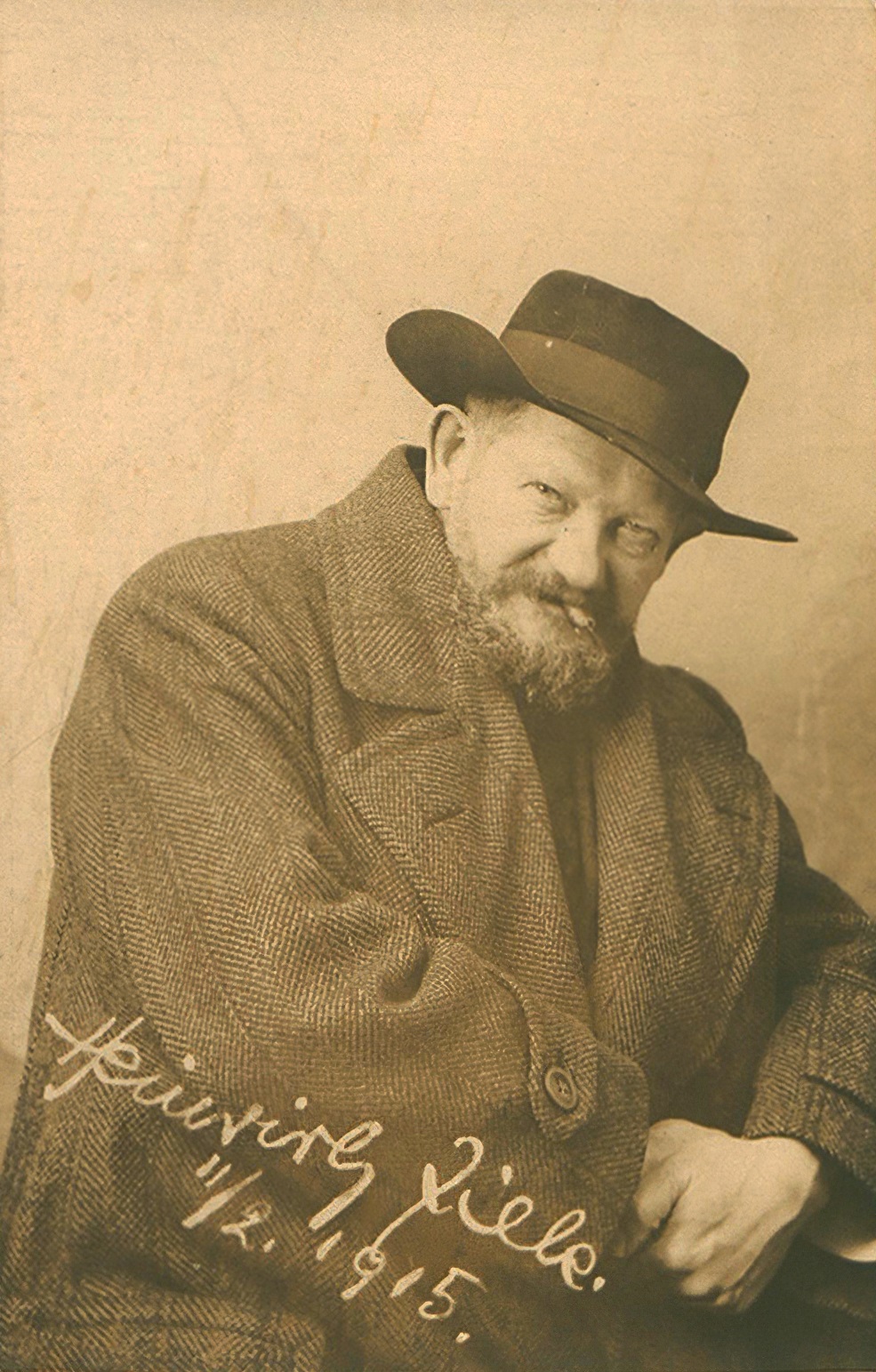
Heinrich Rudolf Zille was a German illustrator, caricaturist, lithographer and photographer.


Heinrich Rudolf Zille was a German illustrator, caricaturist, lithographer and photographer.


Heinrich Rudolf Zille was a German illustrator, caricaturist, lithographer and photographer.


Heinrich Rudolf Zille was a German illustrator, caricaturist, lithographer and photographer.

